Spike in pets surrendered to NSW animal shelters as cost-of-living pressure bites
NSW animal shelters are experiencing “queues” of distraught pet owners giving up their furry friends as the nation’s cost-of-living crisis deepens.
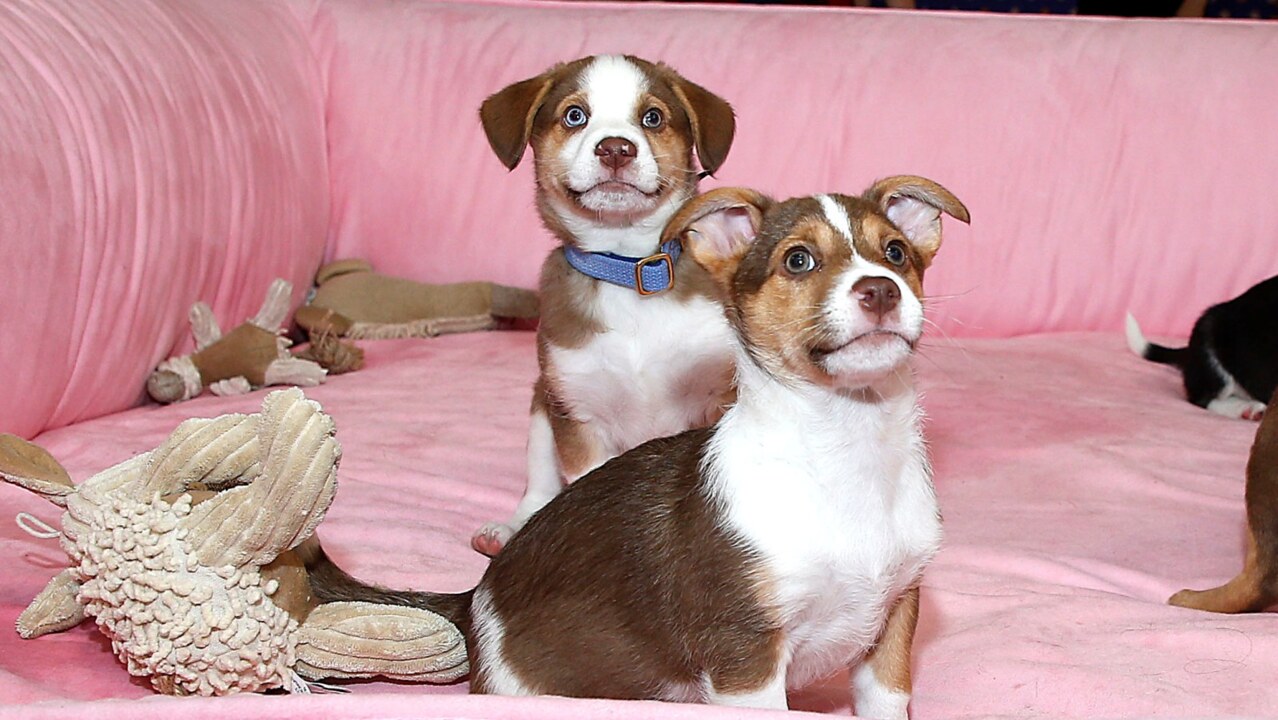
NSW
Don't miss out on the headlines from NSW. Followed categories will be added to My News.
The significant rise of pet ownership throughout Covid and the subsequent cost-of-living crisis gripping the nation are being blamed for a spike in pet surrenders, with NSW shelters experiencing “queues” of distraught pet owners giving up their furry friends.
There has been a 68.8 per cent rise in the number of cats surrendered this year and a 37.7 per cent jump in dogs dropped off at shelters, according to the Animal Welfare League NSW.
“We have seen an increased demand in our shelters and … queues to surrender,” the charity’s chief executive, Stephen Albin, said.
“Adoption (from our shelters) has on average over the pandemic increased by 10 per cent, (but) it’s definitely not to the same extent as surrenders.”
Mr Albin said thousands more cats than dogs were surrendered because cats experienced “large kitten seasons” during spring, leading many cat breeders to surrender newborn kittens they had been unable to sell due to a drop in demand or owners giving up kittens following unwanted cat pregnancies.
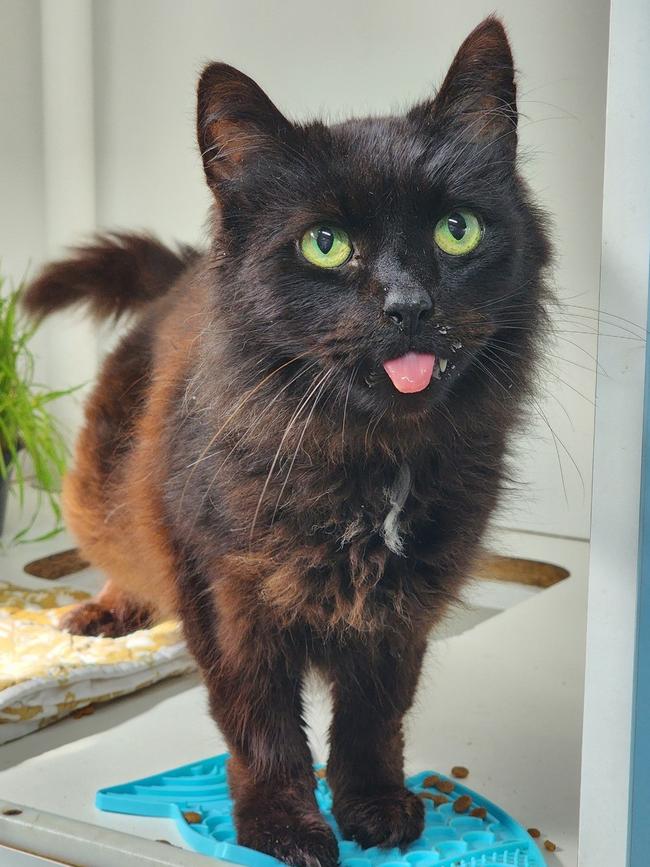
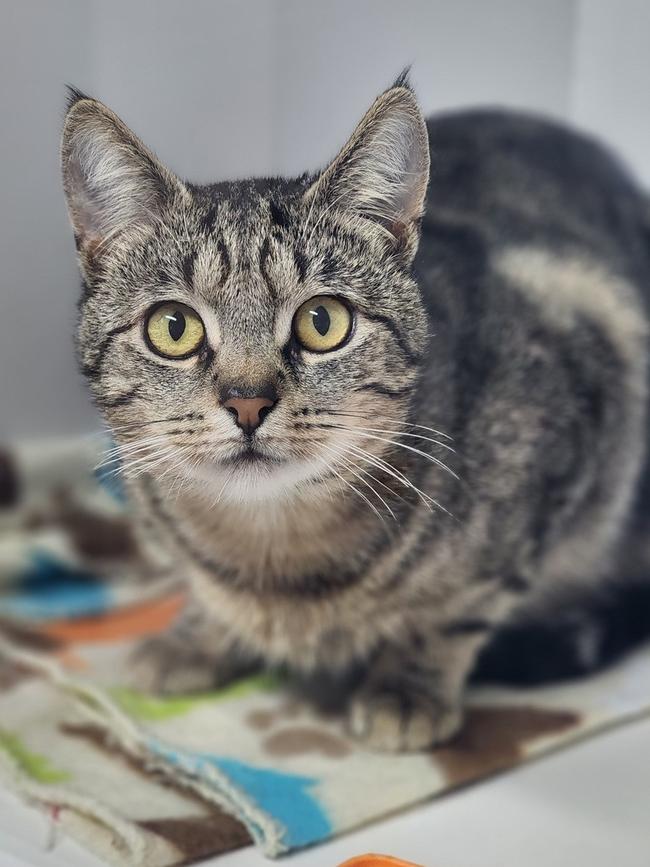
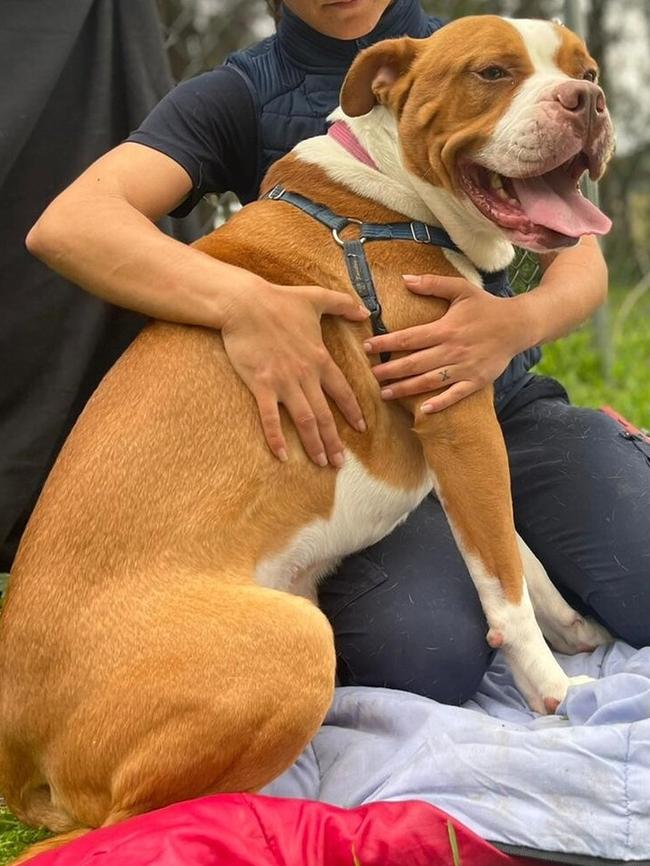
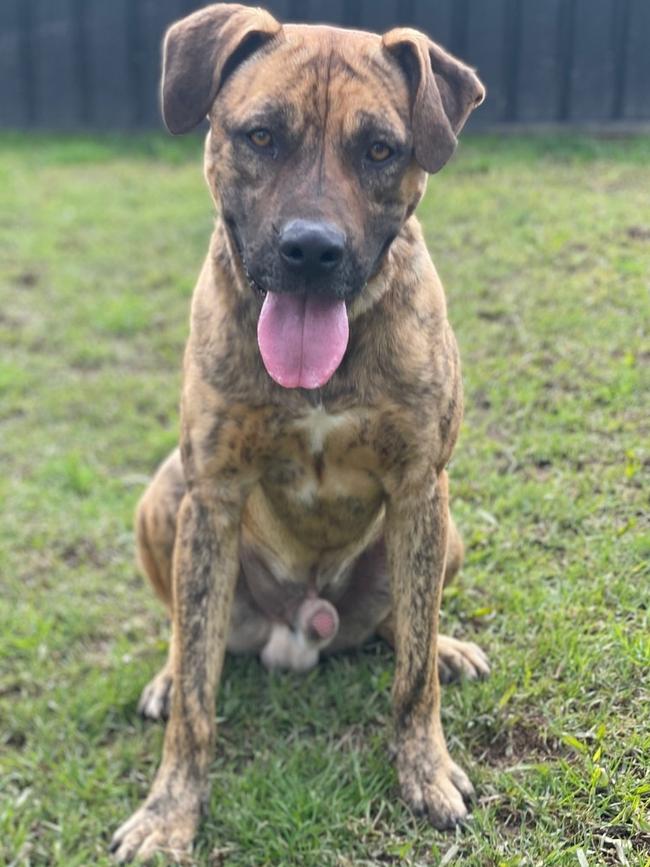
He said many people who adopted a pet during lockdowns had subsequently realised the true responsibility of taking care of an animal as Covid restrictions eased.
“People got companion animals during the pandemic, they played a critical role in people’s mental health (but) once things started opening up they realised the responsibilities of looking after pets especially when working away from home,” he said.
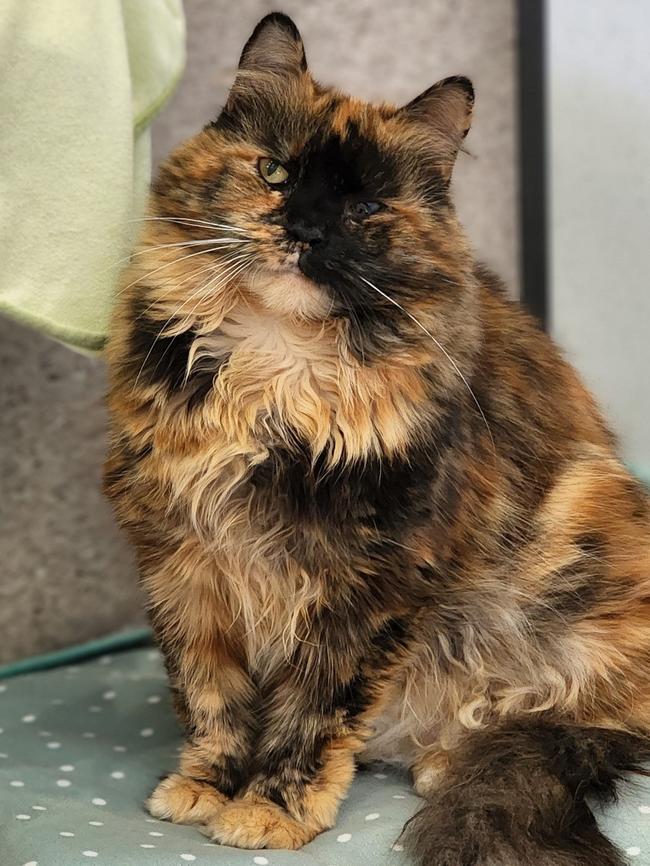
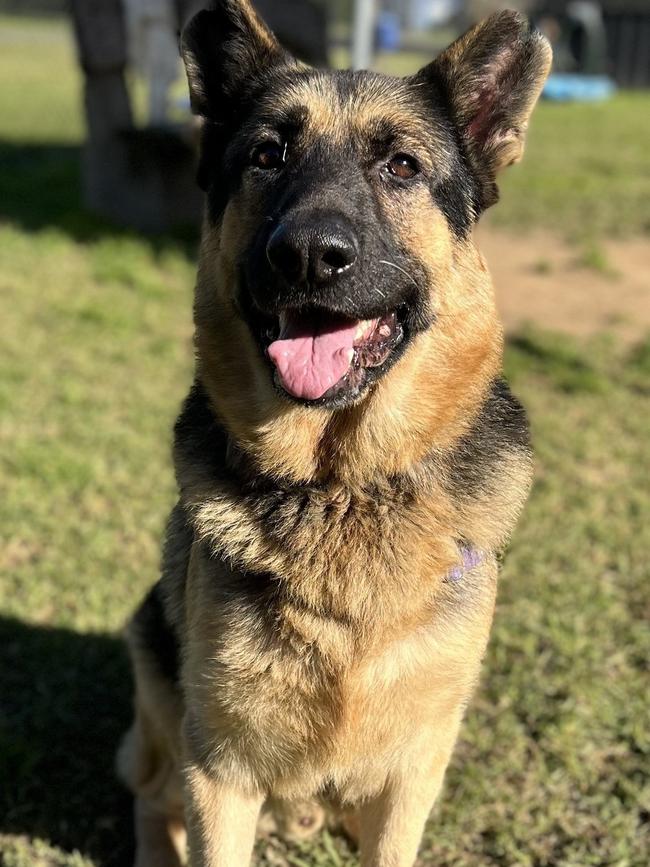
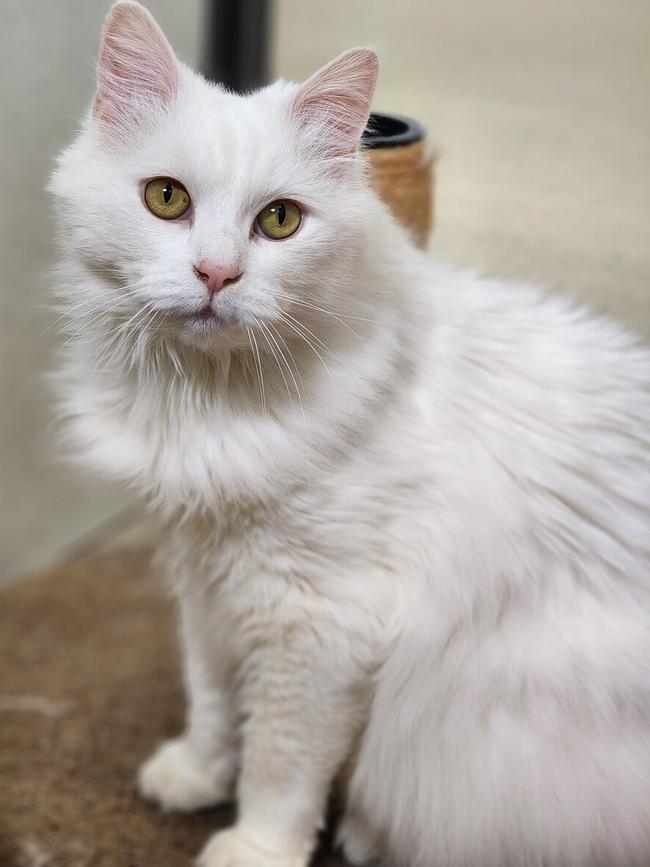
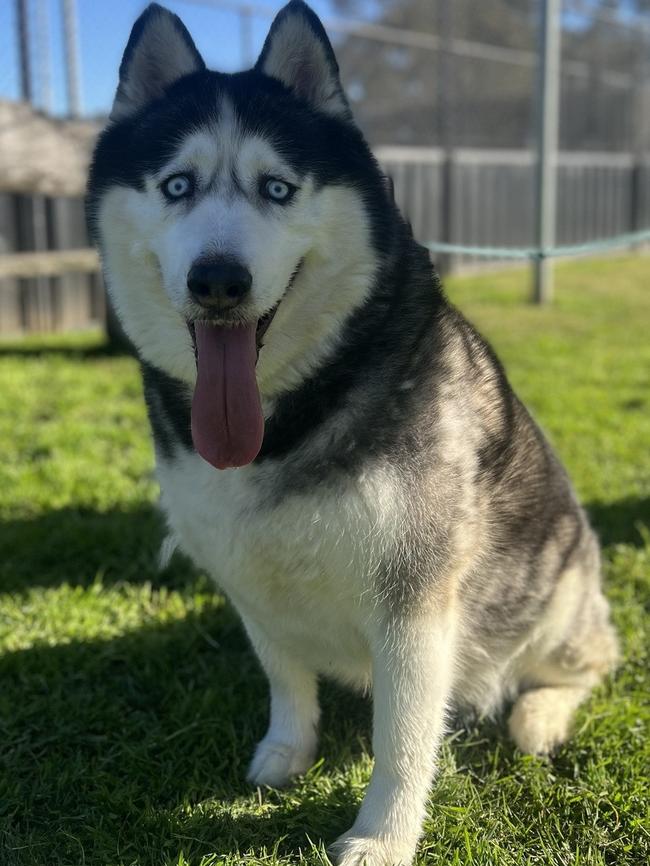
He said there had been an increase in the number of pets suffering separation anxiety after their owners returned to work and “people have realised it might be too much (for them.)”
Additionally, cost-of-living pressures had forced people to downsize their homes.
“Many of the surrenders are people with wrong fitted dogs to their lifestyle. That’s the biggest issue that comes to mind,” Mr Albin said.
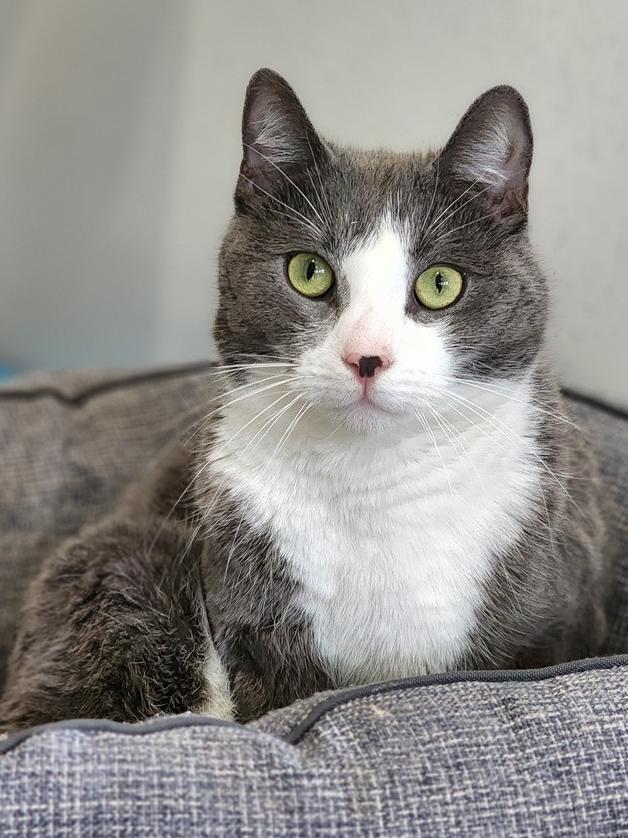
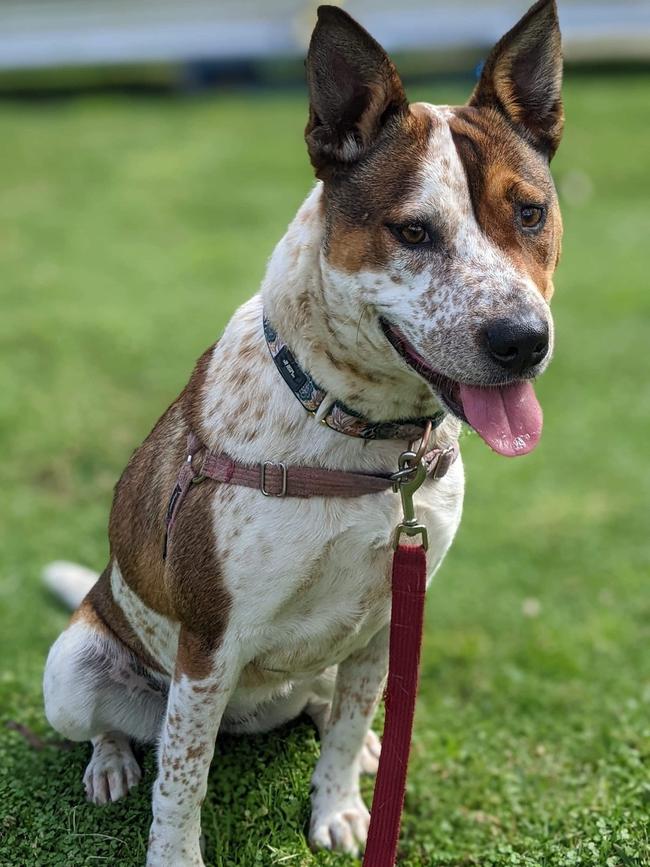
“You wouldn’t want to have a working dog in a small unit. They are boisterous and great but those people might want to look at a dog that’s a bit more docile and needs less exercise.”
The charity said a surge in the number of foster carers had helped free up space in its shelters for more animals.
“We’ve grown our foster network by 600 per cent, we’re looking at ways for the pet to not necessarily go to shelters as animals are better off in (foster) homes,” he said.
“I’m hoping the situation will stabilise, it’s most important to remember to purchase animals fitted to your lifestyle.”
To adopt one of these pets visit awlnsw.com.au





